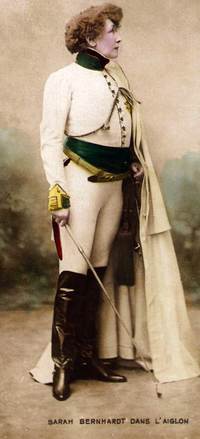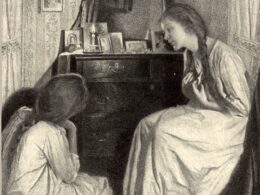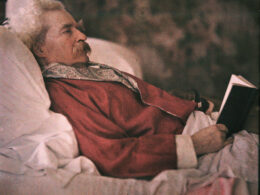Booth Tarkington (1869–1946)
From Booth Tarkington: Novels & Stories

Booth Tarkington was the most popular American writer of his time. His three dozen books sold five million copies, he is one of only three novelists (along with Faulkner and Updike) to win the Pulitzer Prize twice, and nine of his novels were among the Top Ten best sellers of the year they were published (including two at #1: The Turmoil and Seventeen). A poll taken in 1922 proclaimed him the best American novelist.
Today he is rarely read, you won’t find him discussed in many literary histories, and most of his novels are out of print. “‘Uneven’ may be the last refuge of the literary apologist, but in Tarkington the quality is so sharply up and down as to seem the result of a blood-sugar problem, or some seasonal affective disorder,” Thomas Mallon wrote a few years back in The Atlantic. His immensely popular series for younger readers featuring the character Penrod Schofield was compared to Mark Twain’s Tom Sawyer and Huckleberry Finn during his lifetime but are now largely forgotten, in no small part because of their uncomfortably blithe ethnic and racial stereotypes. (“Has anyone ever read the sequels?” Mallon asks about Penrod.)
His prolifigacy, his unevenness, and his Pollyannish nostalgia for a vanishing American landscape (Tarkington’s hatred of the automobile was legendary) has masked the fact that he wrote some very fine novels and stories worth revisiting today, particularly his two Pulitzer Prize–winning novels (The Magnificent Ambersons and Alice Adams) and the stories based on his brief career as an Indiana state legislator. The latest Library of America volume collects those works in a single volume, and we present one of the political stories, which includes pointed comments on the American enthusiasm for the stage actress Sarah Bernhardt, as our _Story of the Week selection.



